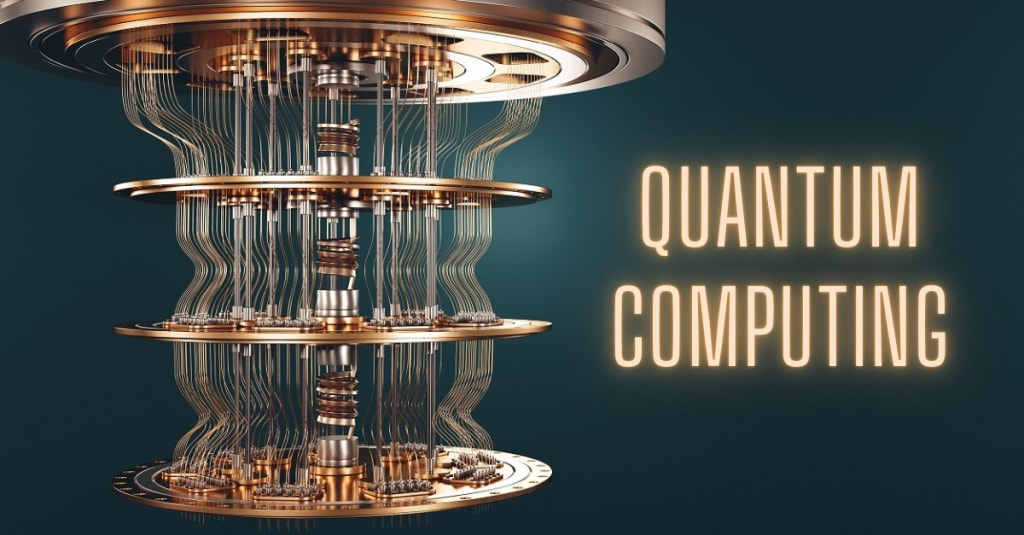
The progress in quantum computing in 2023 will be defined more by researchers consolidating years of hard work, getting chips to communicate with one another and shifting from noise, as the field becomes increasingly international. Quantum computing’s news cycle has focused on record-setting systems for years, with Google and IBM’s researchers arguing over who achieved what, but these companies are now preparing for life in the real world, like grown-ups. IBM is expected to debut its Heron processor in 2023, which will have just 133 high-quality qubits, and it can connect directly to other Heron processors. This heralds a shift from single quantum computing chips to modular quantum computers, which can be built from multiple processors connected together, thereby helping quantum computers to scale up significantly. Here are a few areas where experts expect to see progress:
Stringing quantum computers together
IBM’s Heron project is a first step into the world of modular quantum computing, which will open the path toward distributed, large-scale quantum computers with as many as a million connected qubits. Ps Quantum is putting the finishing touches on a silicon-based modular chip, and the last piece required - an extremely fast, low-loss optical switch - will be fully demonstrated by the end of 2023.
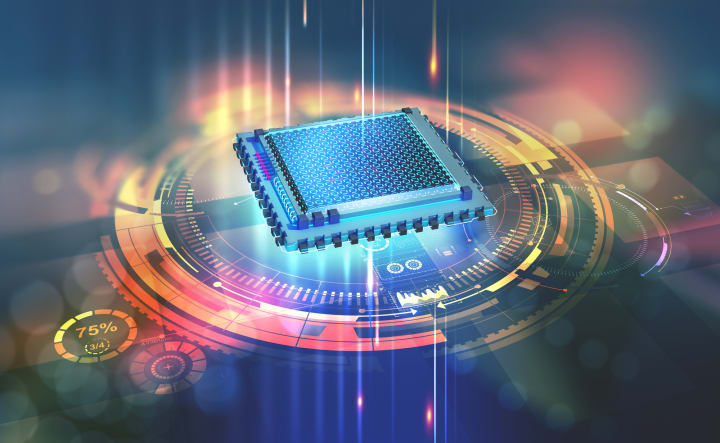
Quantum communications
The neglected quantum technology of quantum communications, where coherent qubits are transferred over long distances, will be an essential part of the quantum computing story in 2023. The only pathway to scaling quantum computing is to create modules of a few thousand qubits and start linking them to get coherent linkage. Quantum communications could be achieved either through a fiber-optic network with quantum repeaters or a fiber that goes to a ground station and a satellite network.
Overcoming noise
The industry is moving away from the idea that chips with just a few hundred qubits might be able to do useful computing, even though noise easily disrupts their operations. This notion, called “noisy intermediate-scale quantum,” is shifting towards building machines that can correct errors, potentially leading to the development of a universal quantum computer.
...achieved in 2023, according to experts.
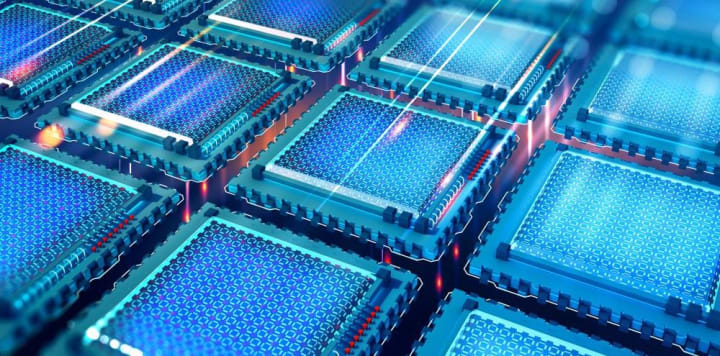
Making quantum computers useful
As quantum computing technologies advance, researchers are also focusing on developing practical applications for these systems. One promising area is in the simulation of complex chemical and physical processes, which could have major implications for fields like materials science and drug discovery. For example, quantum computers could be used to model the behavior of molecules and chemical reactions in order to design more effective drugs, or to simulate the properties of new materials with novel electronic or optical properties.
Another area where quantum computing could have a major impact is in optimization problems, which are pervasive in fields like logistics, finance, and energy. Quantum computers are particularly well-suited to solving certain types of optimization problems, such as those that involve finding the best possible configuration of many variables. This could lead to more efficient supply chains, better financial models, and improved energy distribution networks, among other benefits.
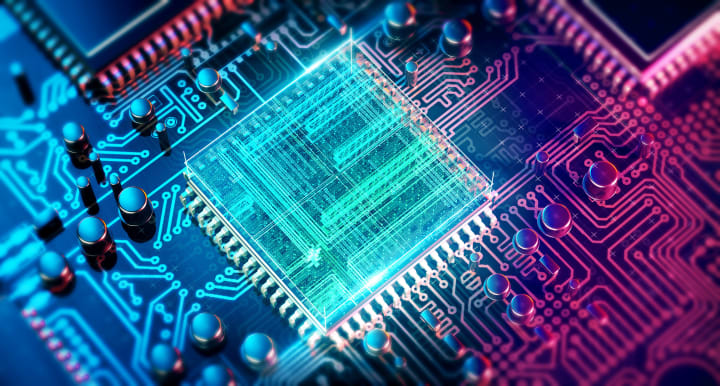
Overall, the progress in quantum computing in 2023 will be defined less by flashy hardware announcements and more by the steady consolidation of years of research, as researchers work to connect multiple processors and address the noise issues that have plagued the field. With the growing availability of practical applications, quantum computing is poised to transform a wide range of industries in the coming years.
Moreover, 2023 is expected to see advances in the development of quantum algorithms that can tackle problems beyond the reach of classical computing. Experts predict that quantum machine learning will be one of the first applications to take advantage of quantum computers' unique properties, as well as simulations of chemical reactions and materials.

Quantum machine learning algorithms could improve on classical machine learning algorithms in a variety of ways, such as enabling more accurate and faster predictions, discovering patterns in data that classical methods cannot, and enhancing privacy in data processing. Companies such as Google and IBM are already exploring the potential of quantum machine learning.
Simulating complex chemical reactions and materials is another area where quantum computers could have a significant impact. Classical computers struggle to simulate the behavior of molecules and materials due to the vast number of variables involved, but quantum computers can potentially simulate these systems much more efficiently, allowing scientists to explore new chemical reactions and materials that could have important practical applications.
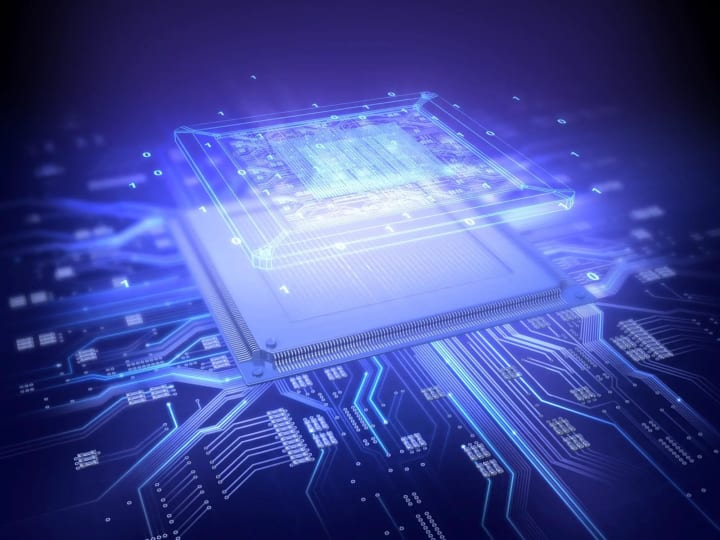
In conclusion, while the news cycle for quantum computing may be shifting away from flashy hardware announcements, the field is still progressing rapidly. The development of modular quantum computers and the ability to connect them coherently over long distances could pave the way for larger-scale quantum computing, and advances in quantum algorithms and applications could open up new frontiers in computing and problem-solving.
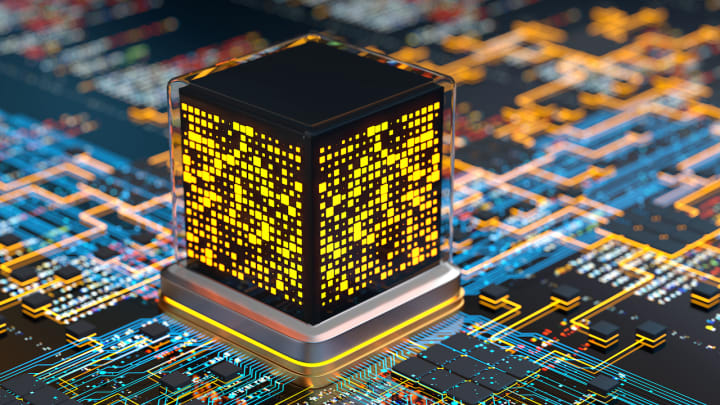





Comments
There are no comments for this story
Be the first to respond and start the conversation.